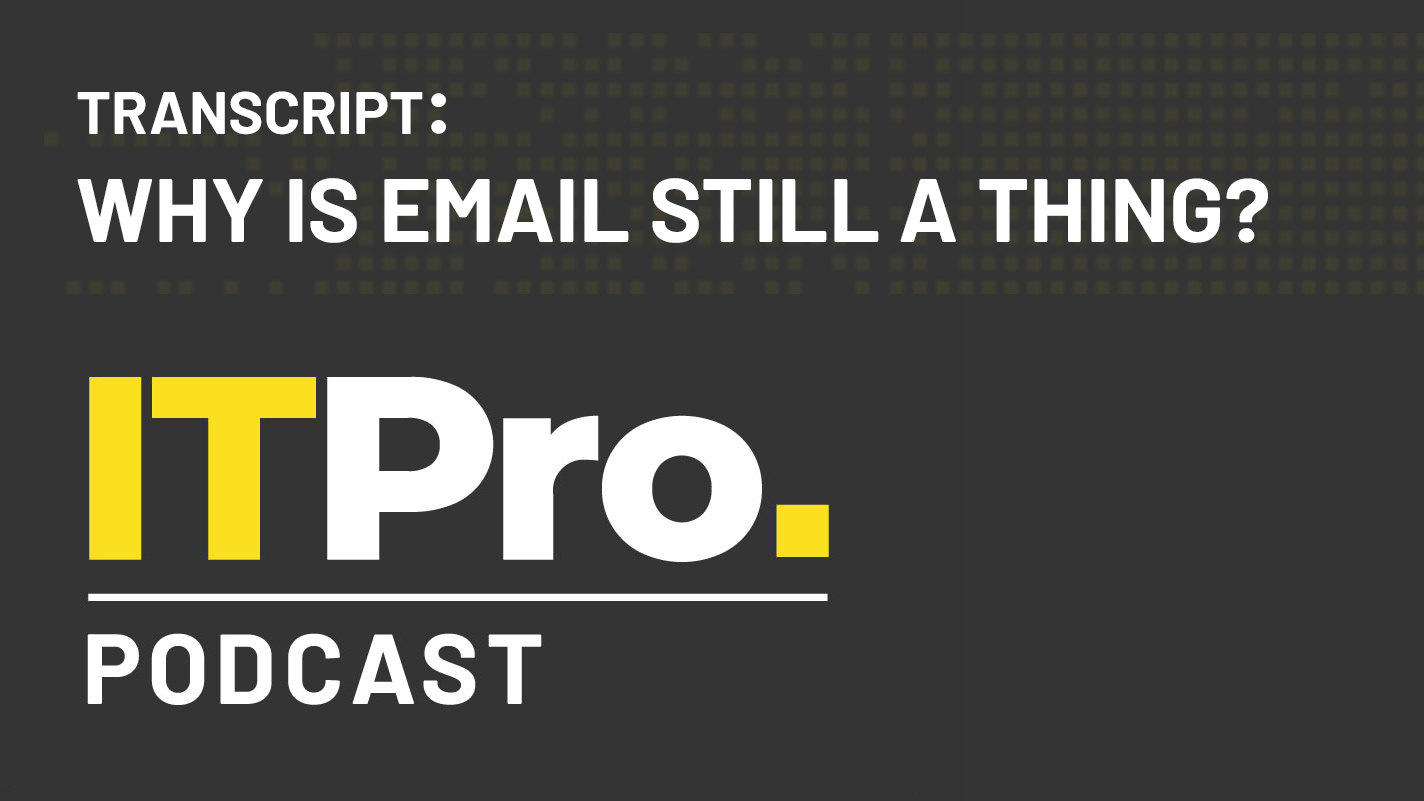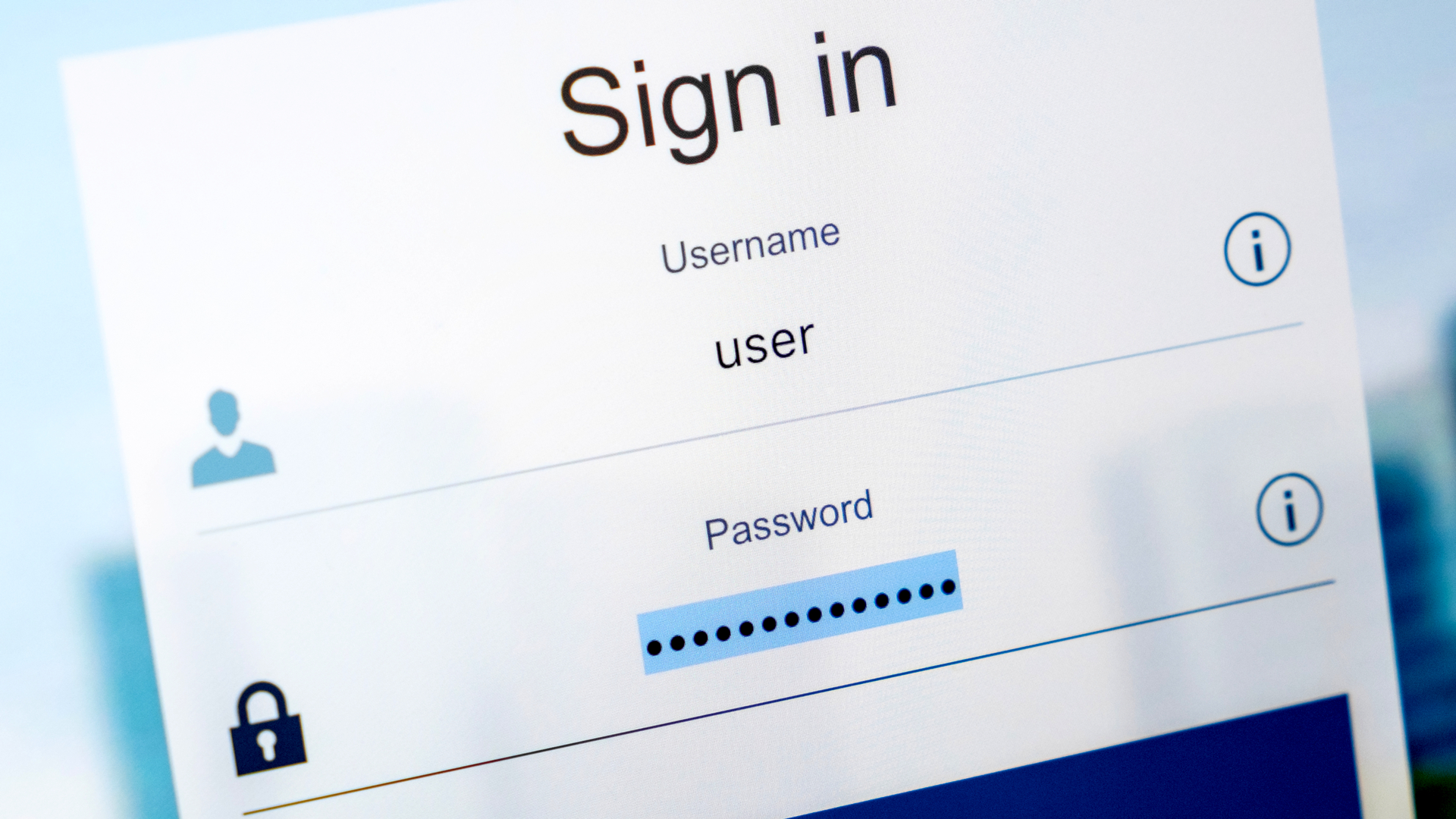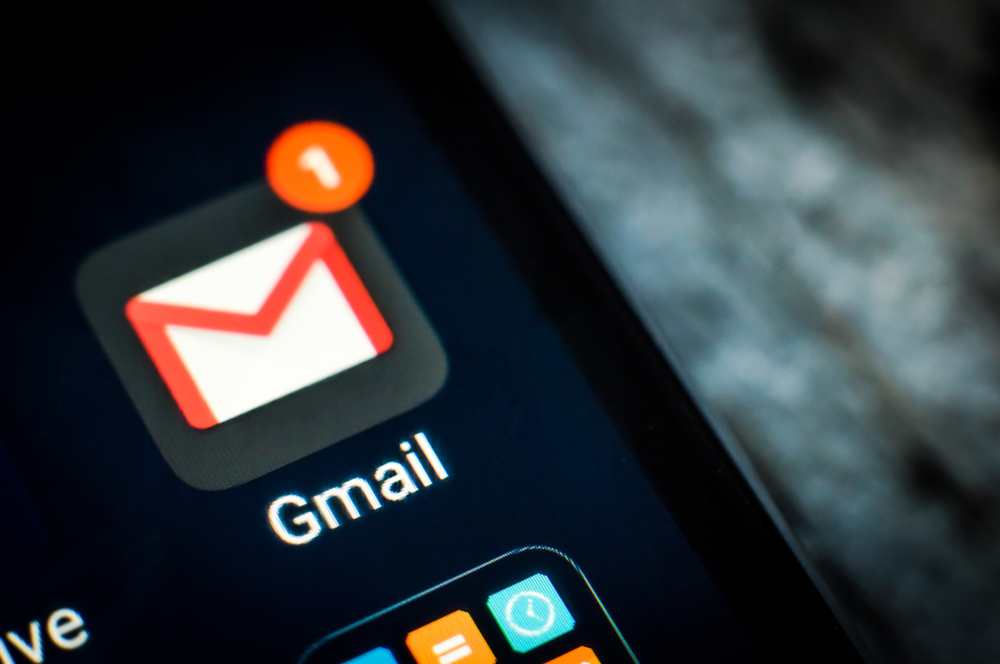
Yahoo is intensifying its mission to "kill the password" with the release of a new account login process for Yahoo apps.
The web services provider stated its intentions to ditch the password a year ago, when it announced its plans to introduce "on-demand passwords" that would be texted to a user's mobile devices.
Now those plans have been polished and rolled into a new login method, Yahoo Account Key.
The service works by sending Yahoo users a push notification on their mobile phone for them to approve whenever they attempt to sign into their Yahoo account from a new desktop browser.
Once the user receives the notification and taps the approval button, they will immediately be signed in.
"Passwords can be a hassle they're easy to lose track of and forget, or they are weak passwords that are vulnerable to hacking. At Yahoo, we are moving fast in our mission to kill the password' and make it easier for users to sign in without sacrificing security," said Yahoo product manager Lovlesh Chhabra in a blog post.
This new login method will appear for Yahoo Finance, Fantasy, Mail, Messenger, and Sports for iOS and Android.
Sign up today and you will receive a free copy of our Future Focus 2025 report - the leading guidance on AI, cybersecurity and other IT challenges as per 700+ senior executives
Yahoo claimed this method of account verification is more secure than passwords. However, the company also said users must not sign out of their Yahoo app or turn off notifications "as this will prevent you from receiving your Account Key push notification".
Yahoo is not alone in its decision to explore new methods of user verification. Other web service providers have also been taking steps to move away from account passwords.
Bad passwords are one of the biggest reasons people's accounts are hacked, with the most commonly used password in 2015 being '123456'.
Music identification app Shazam does not use passwords at all, instead sending a verification email to the users when they attempt to sign to the app for the first time on a new device.
Google offers its Google Authentication app, which is used as an additional layer of verification, via randomised passcodes on the user's mobile device, for selected web services.
And the latest Apple devices, such as the iPhone SE and iPad Pro, include fingerprint sensors which enable user to confirm their identify simply by holding their finger to the devices home button.
-
 The modern workplace: Standardizing collaboration for the enterprise IT leader
The modern workplace: Standardizing collaboration for the enterprise IT leaderHow Barco ClickShare Hub is redefining the meeting room
-
 Interim CISA chief uploaded sensitive documents to a public version of ChatGPT
Interim CISA chief uploaded sensitive documents to a public version of ChatGPTNews The incident at CISA raises yet more concerns about the rise of ‘shadow AI’ and data protection risks
-
 Building a better password strategy for your business
Building a better password strategy for your businessWhitepaper Exploring the strategies and exploits that hackers are using to circumvent password security measures
-
 Podcast transcript: Why is email still a thing?
Podcast transcript: Why is email still a thing?IT Pro Podcast Read the full transcript for this episode of the IT Pro Podcast
-
 The IT Pro Podcast: Why is email still a thing?
The IT Pro Podcast: Why is email still a thing?IT Pro Podcast Despite a proliferation of newer collaboration platforms, email stubbornly refuses to go away
-
 Cisco patches bug that could break its email security service with a single message
Cisco patches bug that could break its email security service with a single messageNews A carefully crafted email could freeze Cisco's Email Security Appliance interface and stop it processing messages
-
 What is single sign-on (SSO)?
What is single sign-on (SSO)?In-depth We explain how SSO works and why you need it
-
 Google targets phishing with full BIMI email logo authentication support
Google targets phishing with full BIMI email logo authentication supportNews Gmail will tie logos to DMARC authentication
-
 How to sign off an email professionally
How to sign off an email professionallyTutorials Your email signoff can make or break your business’ communication
-
 Flash flooding takes down TalkTalk web services
Flash flooding takes down TalkTalk web servicesNews Midlands floods leave customers angry at TalkTalk outage